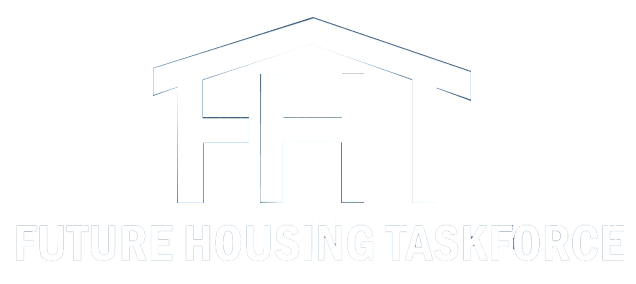The Courier-Mail has labelled it Renter Hunger Games: the daily battle faced by the state’s renters to get a roof over their heads.
On July 10, Queensland’s major daily newspaper highlighted how the state’s housing deficit was predicted to get worse rather than better over the next four years at least, with a further 20,000 home shortfall predicted by 2027, based on population growth trends.
“Sadly, that means we can expect to continue to see queues of desperate would-be renters sharing top billing with the youth crime and health crises on our evening news broadcasts,” said Housing Taskforce founder and High Yield Property Club director Kevin Doodney.
“And make no mistake, the lack of somewhere to call home is just as great a crisis for our society.”
Referring to the Courier-Mail article (Home shortfall crisis looms), Kevin agreed with the Master Builder Australia’s assessment that the state government needed to take a ‘multi-faceted approach, including an overhaul of developer charges’.
“However, the solution doesn’t simply lie in building more high-rise and townhouse developments, as the Courier-Mail article suggests,” Kevin said.
“This type of development requires development approvals, which take a lot of time to go through council, often incurring lengthy delays in the application process. This won’t be fast enough to meet the urgent demand,” he said.
“Through Smarter Smaller designed rooming houses, we’ve proven that a modern take on an old concept – the rooming house – can fill a niche that works for investors and tenants alike.
“Appealing to investors who want to make a genuine social difference along with a sound financial return, our rooming houses are also proving a boon to single working people in our community who otherwise struggle to find long-term rental accommodation, despite holding down permanent, and often well paying, jobs.
“It’s important that potential HYPC investor-members understand that we’re not talking about old-style rooming houses with all the negative connotations of down-and-out, itinerant people just existing in rundown share houses,” Kevin said.
“While we strongly support efforts to increase the supply of social housing for the many economically and socially disadvantaged Queenslanders, our rooming houses are aimed at a different type of renter: the teachers, essential services workers and other important people who work to provide for our daily needs.
“Such is the state of our housing market that many of these full-time workers and professional people are having to rely on couch-surfing as a bed for the night. And don’t believe for a moment that there are not people out there today who have to return from a day’s work to one of those tents which are becoming part of our urban landscape.
“We are increasingly in an era of the working homeless.”
But therein lay the opportunity for investors with the business acumen to match their social conscience, Kevin said.
“Many single people in full-time employment simply want a comfortable place to call ‘home’ at the end of each day – a ‘sacred space’ where they can unwind and relax in a secure, private environment. That’s what we’re providing through working with investors to build rooming houses with five rooms per residential block. They are strategically located in relation to major employment hubs and amenities across Brisbane.”
Kevin praised the Brisbane City Council for facilitating these modern rooming houses through its enlightened approach to suppressing infrastructure charges, while other south-east Queensland councils still imposed infrastructure charges at levels that made such projects unviable.
“What Brisbane City Council has done by not imposing infrastructure charges in this high interest rate environment has bolstered trust and confidence in the Brisbane property market. And most importantly increased the supply of affordable housing options. Brisbane rooming houses has attracted investors nationwide, still willing to invest despite 13 interest rate rises” he said.
“We’ll keep talking to those other councils, seeking to convince them of the overall benefits to their regions of providing decent, economical housing options for people who want to live and work there.
“Meanwhile, with over 200 rooming houses already completed in Brisbane and a further 70 in various stages of construction, we’ll continue to work with investors to play our role in providing affordable housing in this city, while offering them a strong return – typically in the order of eight percent or more – to keep investing in a high interest rate environment viable.”


